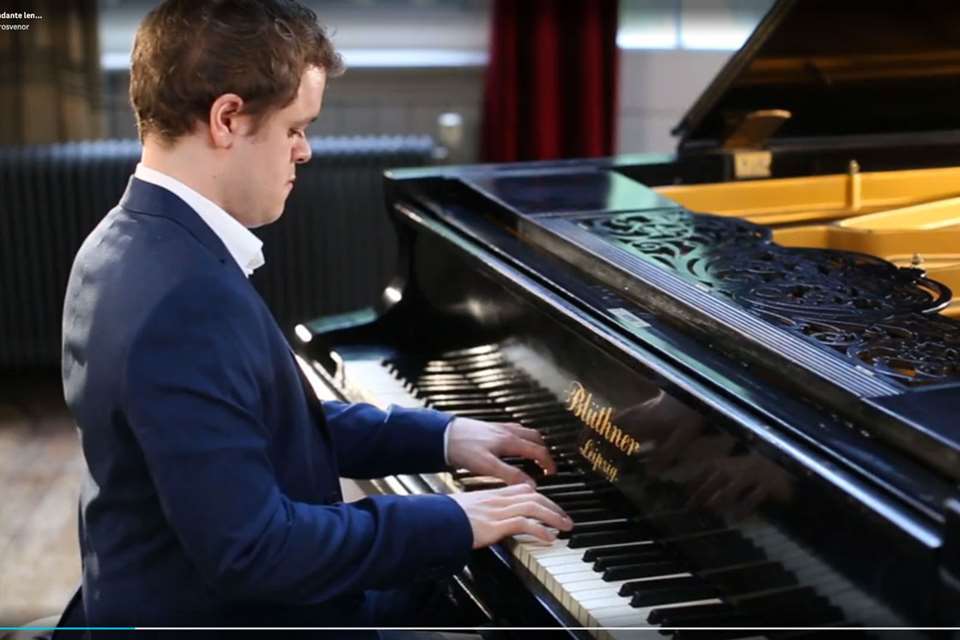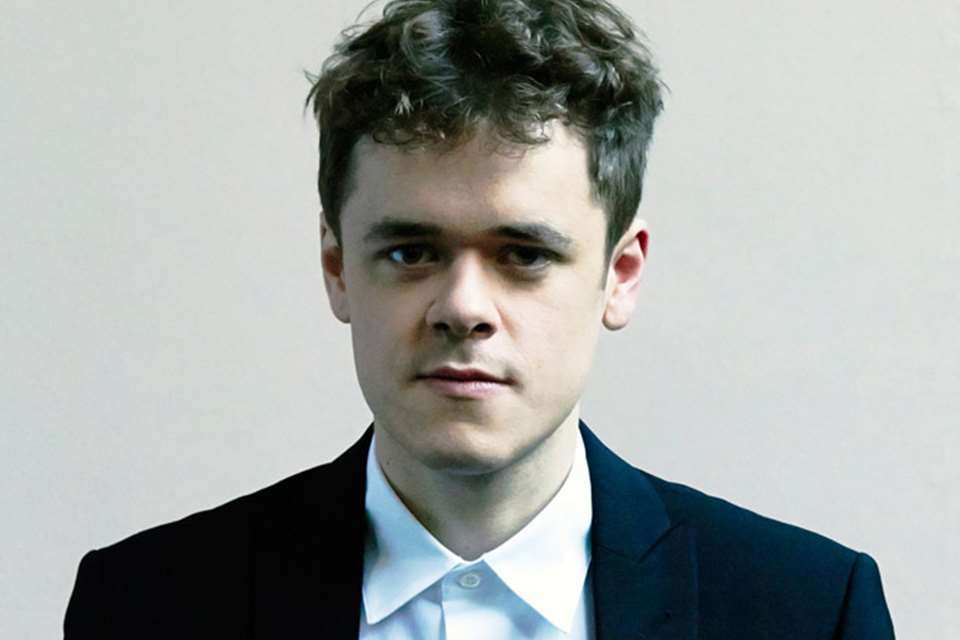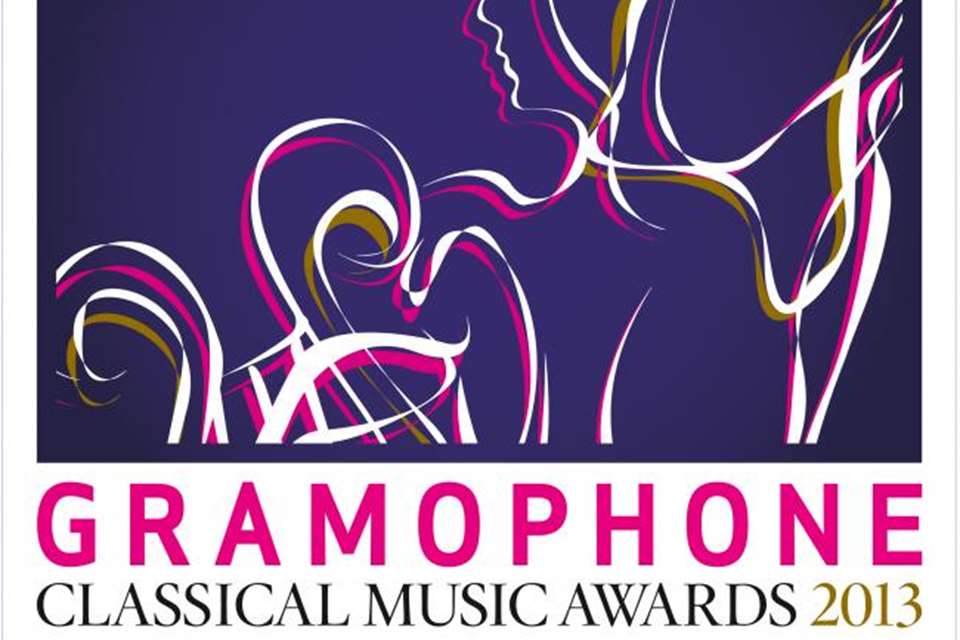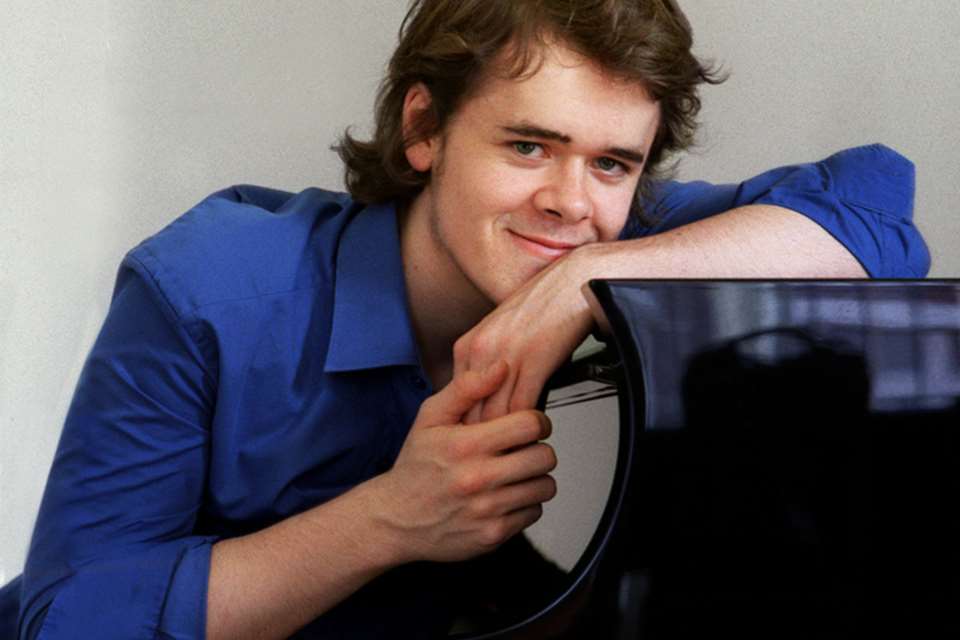Benjamin Grosvenor – Building A Legacy
Tim Parry
Monday, March 16, 2020
His approach to repertoire and tone may be ‘old-school’ but pianist Benjamin Grosvenor is leaving his mark for future generations, most recently with his recording of the Chopin concertos – Tim Parry catches up with him
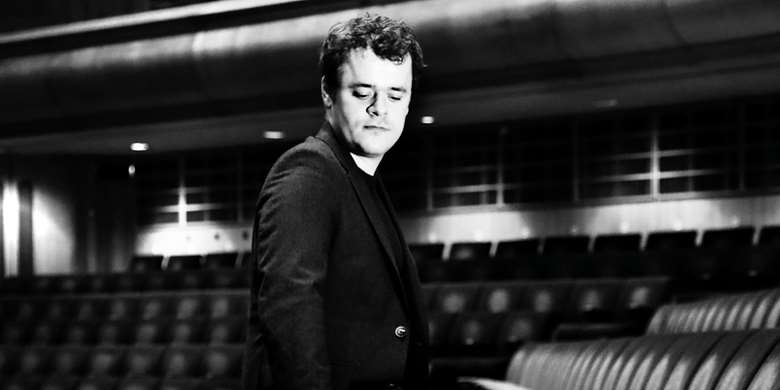
Register now to continue reading
Thanks for exploring the Gramophone website. Sign up for a free account today to enjoy the following benefits:
- Free access to 3 subscriber-only articles per month
- Unlimited access to our news, podcasts and awards pages
- Free weekly email newsletter




